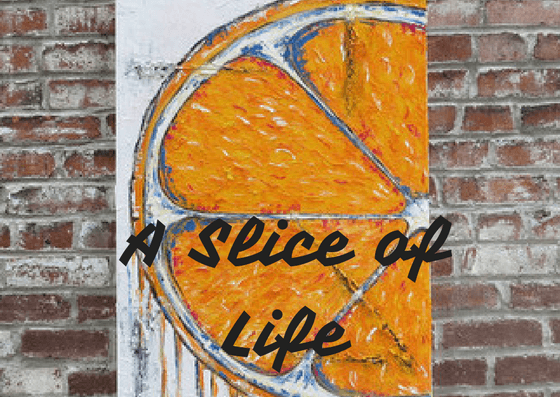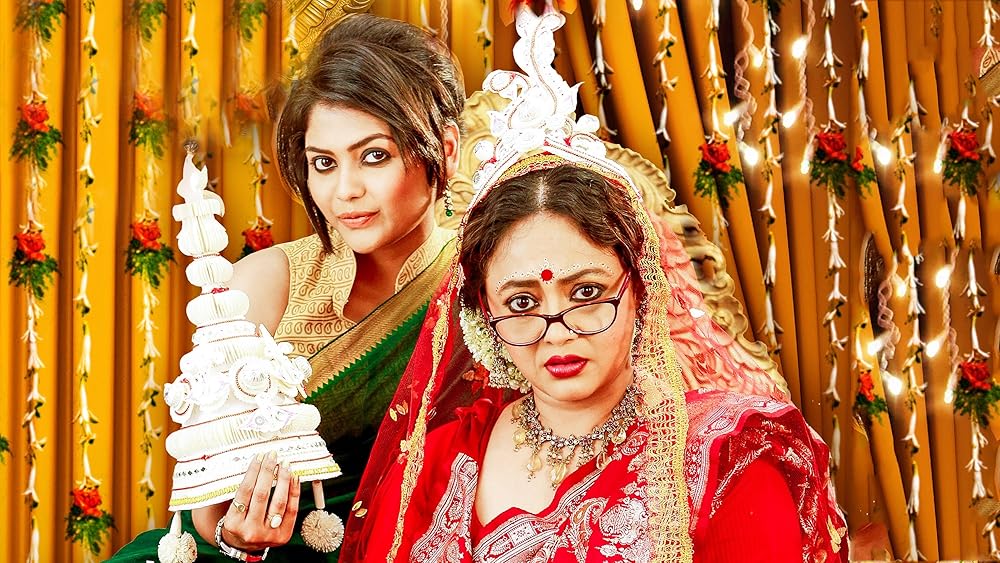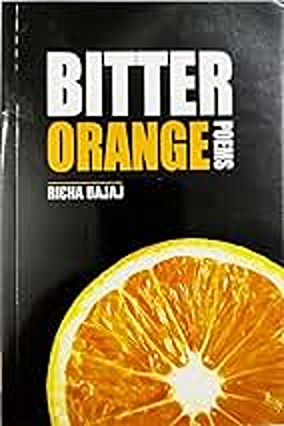For Different Truths, Ruchira exclusively reviews the Bengali comedy “Maayer Biye,” which is based on Aparna Sen’s life and is about single mothers finding love.

Against a parochial social backdrop, the Bengali movie, Maayer Biye, ushers in a whiff of fresh breeze. I am sanguine that the so-called liberated, broad-minded women will love the film because everything about it reeks of feminism through and through.
We may jolly well brag about how Indian society is becoming liberal, breaking down barriers of orthodoxy and dogmatism. True, our vistas are widening with every passing day, but I will warn you that very few among the upper-crust, educated, enlightened youth of today are likely to take it kindly if their ‘single moms’ (widowed or divorced) contemplate second matrimony. The grim reality, dear friends, is that the phenomenon is so powerful that most women are reluctant to give it a shot.
First and foremost, the director Sudeshna Roy, is a well-known former television anchor-cum-moderator who churns out rather off-beat and thought-provoking films. And on top of it, on one occasion, Sudeshna candidly divulged (to the media) that it was former actress-turned-ace director Aparna Sen’s life story, which greatly motivated her to create this movie.
Yes, it is pretty much common knowledge that the gutsy and highly unconventional Aparna Sen has lived life on her terms, always cocking a snook at the rest of the world. Her first marriage to Sanjay Sen fell apart. She then moved on to wed photojournalist Mukul Sharma, who is the father of her two daughters, Kamalini and Konkona Sen Sharma, who is also an immensely talented actress in her own right. After the girls were quite grown up, Aparna married Kalyan Ray, an English professor. Instead of being furious, the girls were rather overjoyed.
In the flick mentioned above, the veteran actress Sreelekha Mitra plays a ‘single’ mother (apparently estranged, not widowed) who struggles to bring up her only offspring (Saayoni Ghosh). The daughter in question, though close to her mother, is busy with her studies, her boyfriend and her social life. However, she is mature and sensitive enough to realise that her mother is lonely and would be lonelier once she went abroad for higher studies. So, she hatches a plan to marry off her mother, which would result in her finding a new and suitable companion.
At first, this seems a tad bizarre, but the young lady appears dead serious and in earnest; the viewers are bound to be impressed. The rest of the movie is a medley of events, ranging from the uproariously funny to ridiculous ones with a smattering of the sublime.
However, any discerning viewer or critic will understand that beneath the veneer of tomfoolery and melodrama that pervades throughout, Maayer Biye raises several important questions that will spontaneously appeal to both ‘single’ moms and children (read daughters) of broken homes as well: do girls also miss their father’s support? Given contemporary society, how open are
the youthful progeny with their parents? Are they able to devote quality time to these people?
Just as the youth seek desirable partners to settle down with, I feel the ‘dutiful’ children ought to help their parents find suitable new partners to dispel the pall of darkness and gloom from their lives.
Picture from IMDb






 By
By
 By
By
 By
By
 By
By